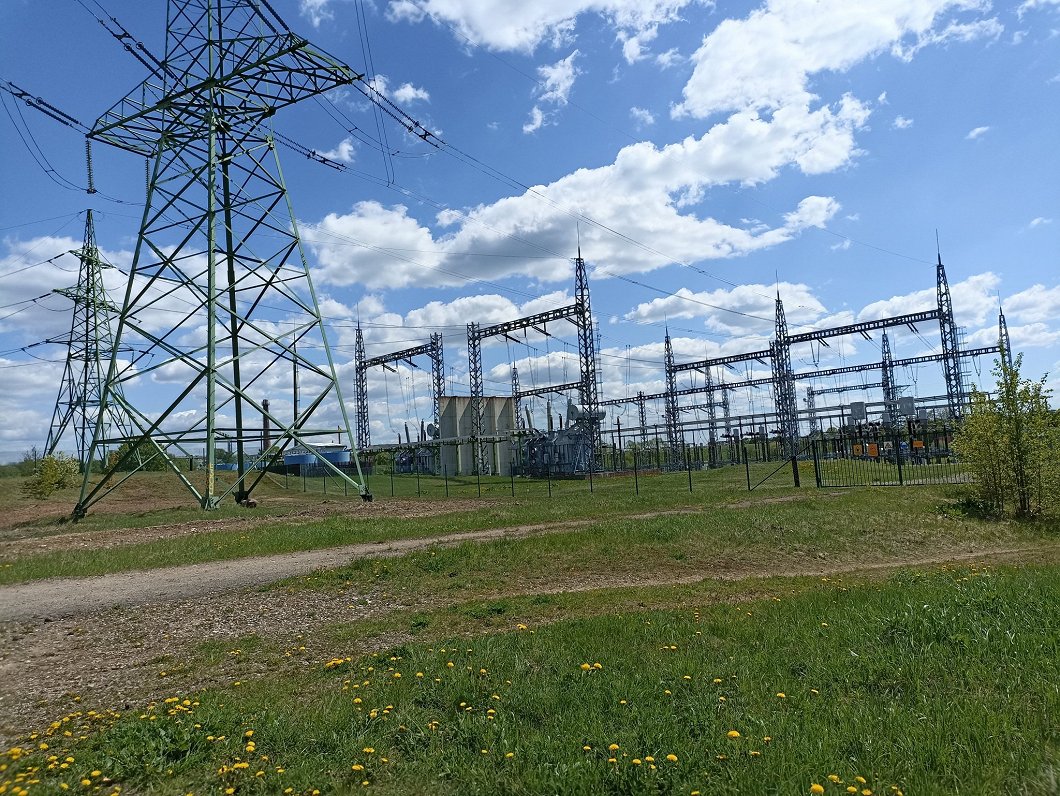Lithuania's average electricity price increased by 20% and, as in Latvia, was EUR 300.51 per MWh. In Estonia, electricity prices increased by 8% to EUR 181.48 per MWh.
Last week, the price of the Nord Pool system decreased by 3% to EUR 126.06 per MWh. Electricity consumption in the Nord Pool region increased slightly, with total consumption of 6527 gigawatt-hours (GWh), production volumes remaining at the level of the previous week and 7178 GWh.
In the Baltic States, total electricity consumption increased by 13% to 504 GWh and production by 17% to 297 GWh.
Last week, the volume of production against consumption in Latvia was 39%, in Estonia – 111% and in Lithuania 38%.
Electricity prices will continue to remain moderately high, according to experts surveyed by Latvian Television. As weather conditions improve, prices may fall, but at least for the time being there is no evidence that electricity could become significantly cheaper.
The average electricity price on the stock exchange this June is higher than in December last year, when it was first talked about electricity prices records. This time, too, one of the main reasons is capacity shortages and the high price of natural gas, said Gunārs Valdmanis, executive director of the association of electrical engineers.
A further factor in recent weeks is also the relatively slow wind, causing a low electricity volume generated in Latvia, said Mārtiņš Āboliņš, economist at Citadele bank.
"We see that the Baltic region has very low electricity output. Over the last four days in Latvia, around 40% was produced locally. This means that we are fully dependent on imported energy. It is currently Scandinavia because imports from Russia and Belarus have been suspended," said Āboliņš.
"My forecast would be that energy prices would stay high. Maybe not as high as last week's, but very volatile, certainly during autumn. And, of course, in the winter period, the main risk is the question of whether Russia won't switch us off from its network synchronization. This would mean even more energy consumption here, because we will need to synchronize the grid in the Baltic itself, which means more natural gas consumption," the economist said.






























